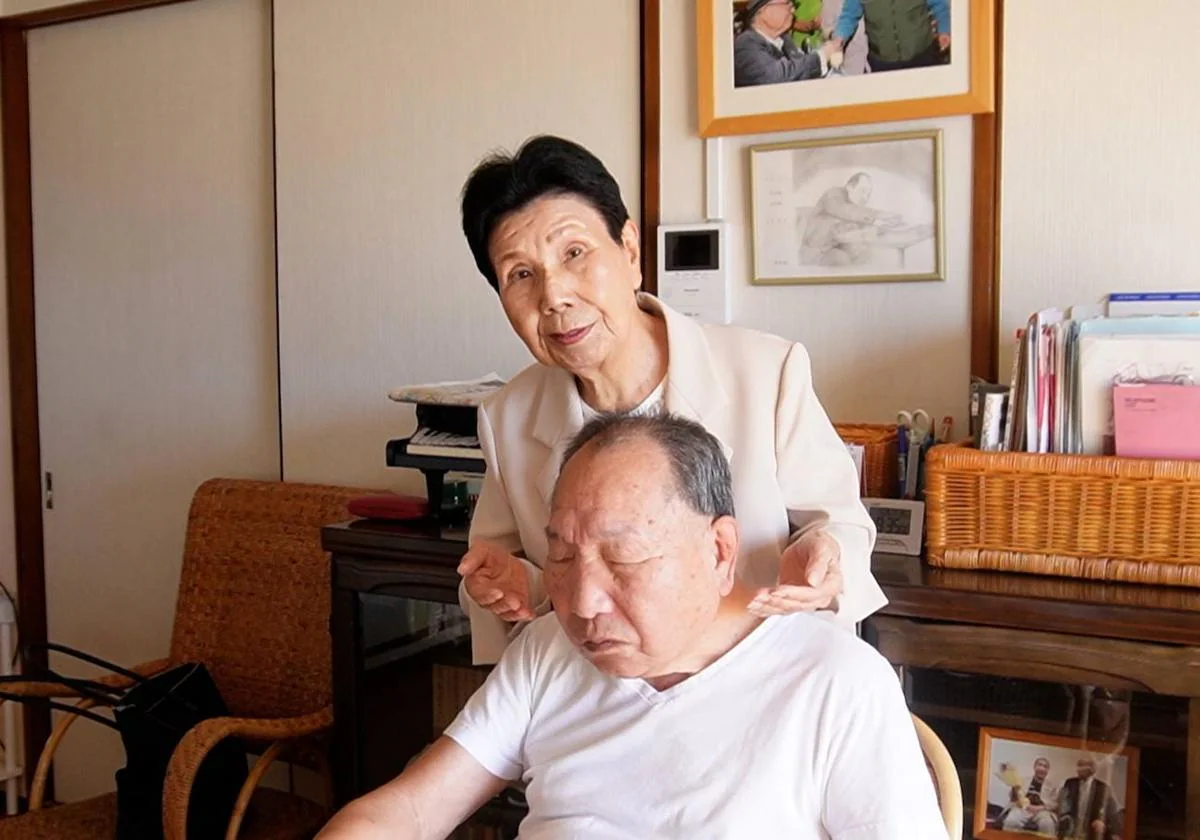Innocent After 46 Years on Death Row
Japanese Iwao Hakamada has been acquitted after it was proven that he was forced by the police to confess to the murder of his boss and family at the factory where he worked
Daniel de Lucas
Thursday, 26 September 2024, 15:00
The world's longest-serving death row inmate has been declared innocent. Japanese Iwao Hakamada was acquitted this Thursday by a Japanese court more than half a century after being sentenced to death for the murder of his boss, his boss's wife, and their two teenage children.
A crime dating back to 1966 that he never committed. It is a historic acquittal that comes after the court found evidence that the investigators in charge of the case had falsified evidence.
This former boxer from the Shizouka district, west of Tokyo, spent 46 of his 88 years on death row until he was released in 2014 awaiting a new trial after new evidence emerged. His delicate health prevented Hakamada from being present when the court announced his acquittal. The prosecution has two weeks to appeal, according to local media.
Forced Confession
He was accused of murdering his boss's family in 1966, at a time when he worked in a miso factory, a Japanese condiment. At first, he confessed to the crime, but during the trial, he retracted, claiming that his confession was forced by a brutal twenty-day interrogation in which he was threatened and beaten by officers. His lawyers also argued that some evidence used in the process, such as bloodstained clothing found a year later, was fabricated by the police or investigators. Nonetheless, the Shizouka court sentenced him to death in 1968, a sentence ratified twelve years later by Japan's Supreme Court.
In 2014, the emergence of evidence showing that the DNA found on the bloodstained clothes did not belong to Hakamada forced Japanese justice to retry the case and release him. The new trial did not start until last year due to judicial delays and prosecution appeals, which continued to seek the death penalty. It did so with Iwao Hakamada's confession annulled by judges and DNA evidence from another person at the crime scene, ultimately leading to his acquittal.
"We have fought for a long time in what seemed like an endless battle," said his 91-year-old sister Hideko before the acquittal. "I went to the prosecutor's office and told him: 'Don't make us fight until my brother turns 100.'"
The former boxer's entourage claims he suffers significant psychological scars after nearly five decades on death row, often isolated and always thinking each day could be his last. Death row inmates in Japan are usually notified just hours before their execution by hanging, the only approved method in the archipelago.
This case has become a symbol for advocates of abolishing the death penalty in Japan. They are a minority in a country with broad social support for this sentence; as of December, there were just over a hundred death row inmates in Japanese prisons.
The Japanese newspaper Mainichi has noted that Hakamada is the fifth Japanese death row inmate to have their trial retried since World War II. All previous ones were also acquitted.



